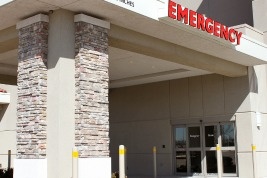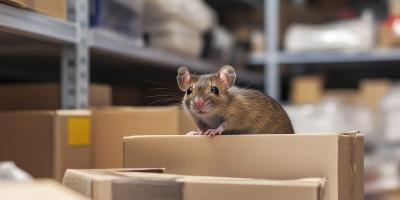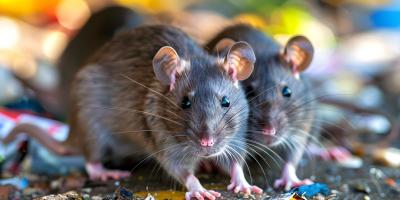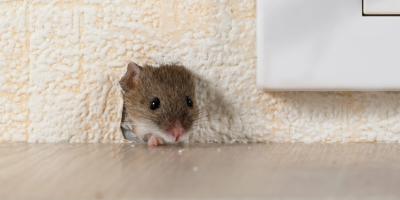3 Common Pest Problems Hospitals Face

Dealing with a pest issue in a hospital can be very complex due to unique challenges and specific requirements. Let’s take a look at the three common pest problems hospitals face and what can be done to prevent them.
1. Bed Bugs
Hospitals are incredibly high-traffic areas. Doctors, nurses, medical support personnel, patients, and visitors constantly moving from one area to another, increasing the risk of spreading a pest problem. Hospitals are particularly susceptible to bed bug infestations due to the continuous movement of beds, bedding, and clothing. Bed bugs in one room can easily be spread throughout an entire hospital in a short amount of time.
The key to help avoiding a bed bug infestation is early detection. Patients might bring bed bugs into your hospital at one point or another, but if detected early, an outbreak can be contained and remediated quickly. Make sure all hospital staff are trained in bed bug detection. Detection training can include:
- Checking bedsheets and mattresses for rusty/red-colored stains
- Eggs (eggs resemble grains of white rice)
- Live bugs
- Small, pale yellow exoskeletons which are shed as bed bugs mature
Early bed bug detection and treatment often saves a substantial amount of money rather than waiting to treat at a later stage of infestation.
2. Rodents
Rodents carry and can transmit many diseases, so it is crucial to keep them out of hospital areas. Cafeterias, service facilities, dumpsters and receiving areas within a hospital setting are the most vulnerable to pest infestations, especially rodents. These areas provide rodents with a steady supply of food and water, making them ideal spots to seek refuge.
As with bed bugs, preventive measures are the key to preventing a rodent infestation. Perform regular inspections to reduce your hospital’s risk of rodent problems. You need to thoroughly check for cracks and crevices, missing or broken door sweeps and window screens, spilled or improperly stored food, broken or overflowing dumpsters, and any kind of leaks or moisture source that could serve as a water supply.
3. Flies
Organic material and food waste in hospitals can be a major point of attraction for flies. These pests carry disease and can infect sanitized tools and areas in operating rooms or patients’ rooms.
Enforcing basic sanitary measures is an effective way to reduce and keep flies out of your hospital. Always dispose of all organic waste and make sure to keep all areas clean.
JP Pest Services is dedicated to solving your commercial pest problems. Our pest control professionals understand the regulations and requirements of many different industries, including restaurants and retail food establishments. We offer extensive training for you and your staff to learn how more about identifying and preventing pest problems in your establishment. Request your free consultation today for a thorough examination of your business location and a pest control program tailored to your specific needs.



